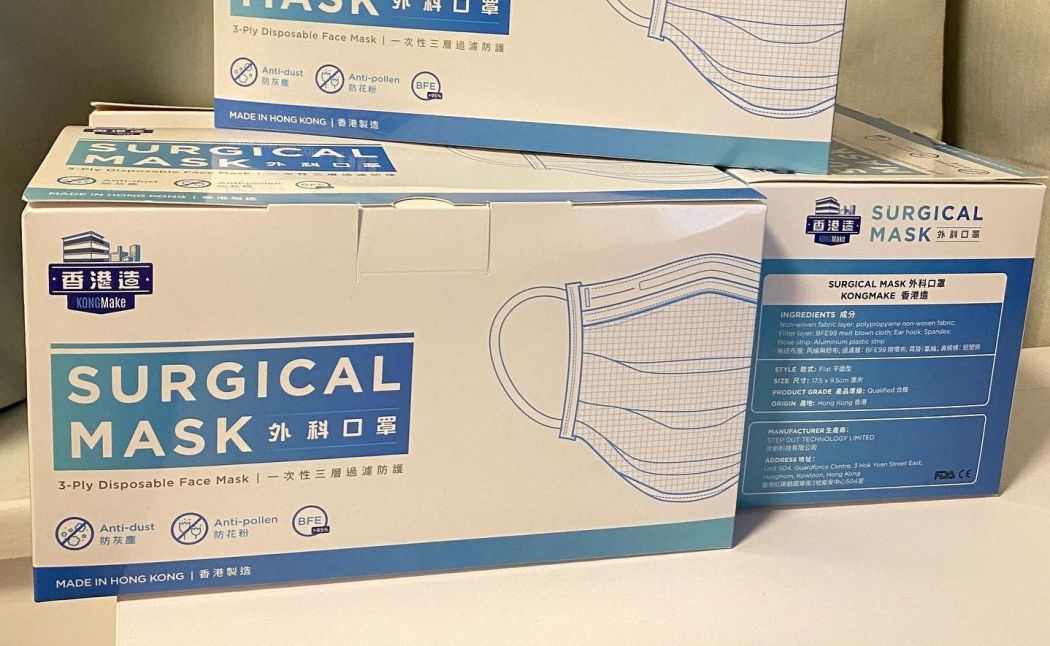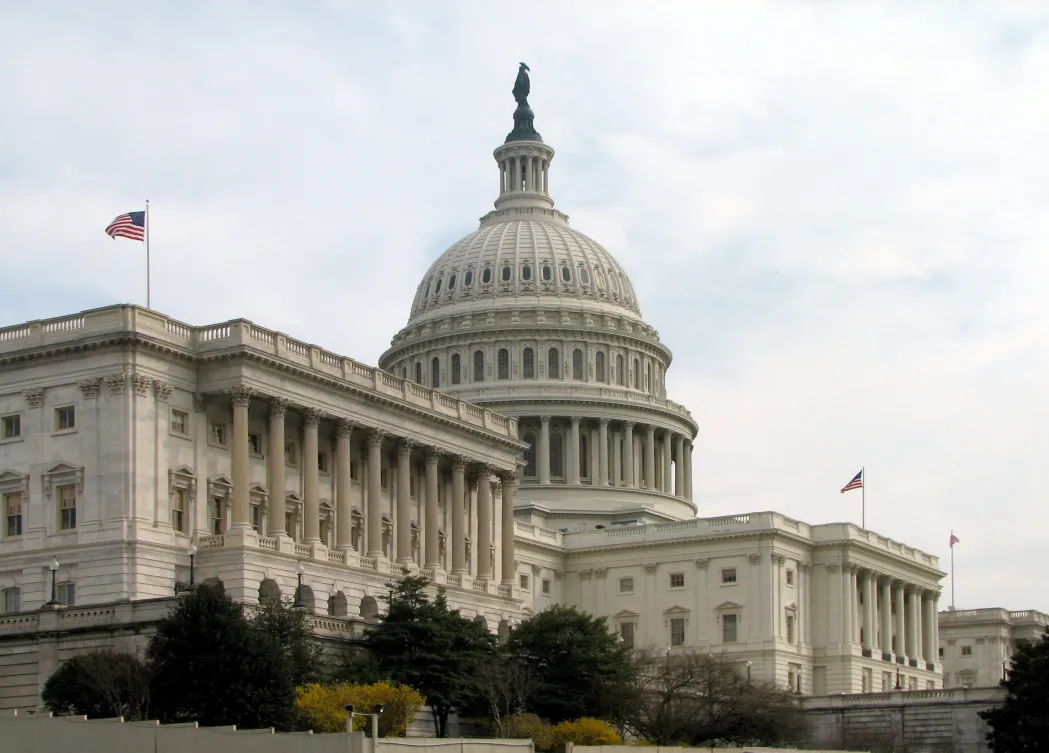Hong Kong authorities have said they will take “corresponding action” if the US appeals against the World Trade Organisation (WTO) ruling that Washington’s ban on the “Made in Hong Kong” label violates trade rules.

Since November 2020, the US has required all products imported from Hong Kong to be marked with a “Made in China,” instead of a “Made in Hong Kong,” label. The move came after Washington cancelled the city’s special trading status in protest at Beijing’s national security law.
Hong Kong took the issue to the WTO, arguing that the US was confusing the market and undermining the rules-based multilateral trading system.
Secretary for Commerce and Economic Development Algernon Yau welcomed the organisation’s ruling, which he said “affirms Hong Kong as a separate customs territory.”
“The ruling clearly indicates that the US ignored international trade regulations and tried to unilaterally implement discriminatory and unfair rules,” Yau told reporters on Thursday, adding that it was “politicising economic and trade issues.”

Yau added that Hong Kong would take “corresponding action” if the US appeals against the WTO decision.
The Commissioner’s Office of China’s Foreign Ministry said in a statement that the WTO’s ruling “fully proves that security exceptions are not an excuse for unilateral hegemonic acts.”
‘Flawed interpretation’
In a statement following the WTO’s decision, the US said it does not intend to reverse its ban on the “Made in Hong Kong” label.
“The United States strongly rejects the flawed interpretation and conclusions in the World Trade Organization (WTO) Panel report released today regarding Hong Kong, China’s challenge to the U.S. determination and action suspending differential treatment for marks of origin,” US Trade Representative Adam Hodge wrote.
The ban was enacted in response to Beijing’s erosion of Hong Kong’s autonomy and the “democratic and human rights of its people, threatening U.S. national security interests,” Hodge added.

At the time, the US said Hong Kong was “no longer sufficiently autonomous to justify differential treatment in relation to China.”
The decision sent workers at Hong Kong factories scrambling to print new “Made in China” labels to cover the “Made in Hong Kong” ones.”
The US is Hong Kong’s second largest trading partner and the city is recognised by the WTO as a separate customs territory.
“[W]e will not cede our judgement or decision-making over essential security matters to the WTO,” Hodge wrote.
Support HKFP | Policies & Ethics | Error/typo? | Contact Us | Newsletter | Transparency & Annual Report | Apps
Help safeguard press freedom & keep HKFP free for all readers by supporting our team

LATEST FROM HKFP
HKFP has an impartial stance, transparent funding, and balanced coverage guided by an Ethics Code and Corrections Policy.
Support press freedom & help us surpass 1,000 monthly Patrons: 100% independent, governed by an ethics code & not-for-profit.










